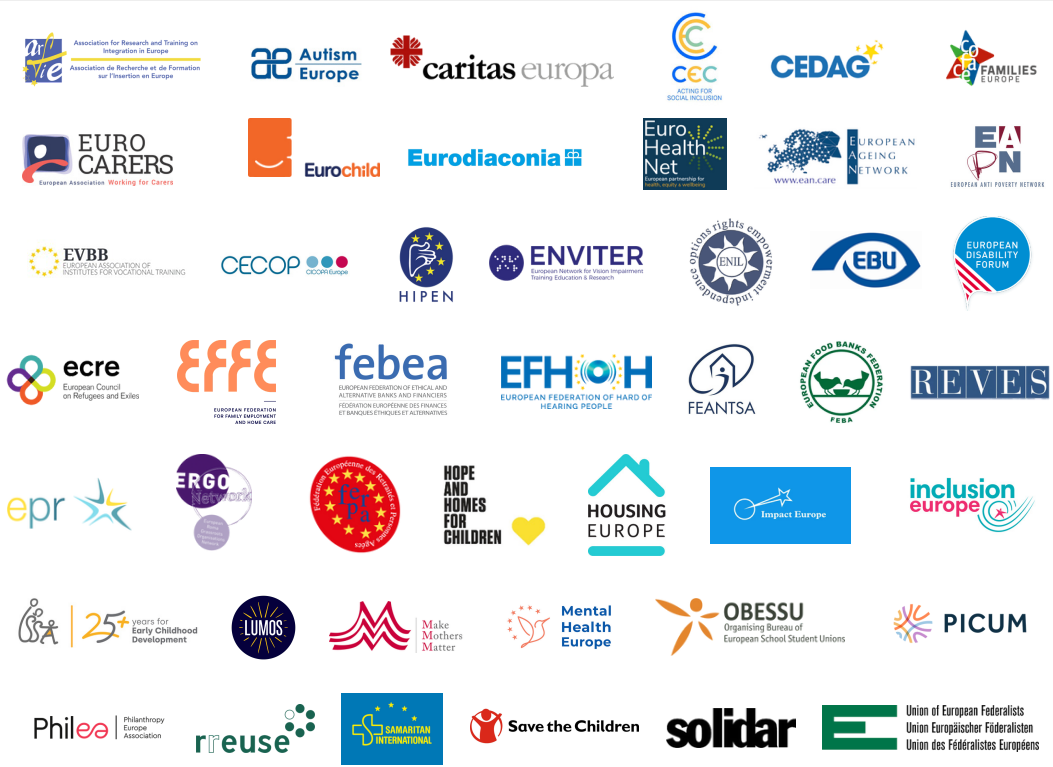MFF: 100 billion Euros for social spending? The devil’s in the details
Eurochild joins over 50 organisations in reviewing the European Commission’s proposal during the ongoing negotiations on the EU’s Multiannual Financial Framework (MFF) for 2028–2034, expressing concern over whether the current EU budget can genuinely fulfil its social objectives.
The Commission has proposed a new Multiannual Financial Framework 2028-2034 in July 2025, which introduces technical improvements such as fewer and more harmonised regulations, simplified monitoring, and greater flexibility, opening up opportunities for cross-sectoral reforms.
However, even if the proposed €100 billion for social spending may seem like an increase, after inflation and added responsibilities, it actually means less support for people than before. There is no longer a dedicated budget line for the European Social Fund, no earmarking for social inclusion, no binding direction on how Member States should allocate their social spending, and no direct connections between the regions’ Managing Authorities and the European Commission.
Provisions that once secured social funding, such as the 25% minimum for social inclusion or the 5% for the Child Guarantee, and 3% material deprivation measures, are not maintained. The European Pillar of Social Rights cannot be fully realised with diluted funding, weak safeguards, and diminished local empowerment, and Member States unwilling to prioritise social investment can still do the bare minimum, leaving vulnerable populations at risk.
This creates the risk of having to achieve more with fewer resources, without clear safeguards to ensure that those most in need will benefit, at a time when many social actors continue to face chronic underfunding.
How to fix the issue?
With the right adjustments, the proposal could strengthen social rights, reduce inequalities, and support progress toward the 2030 and 2050 poverty goals. To do so, it must boost, rather than dilute, social spending, protect funds for inclusion and child poverty, ensure strong safeguards and monitoring, and empower local and regional actors.



